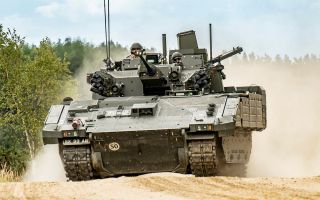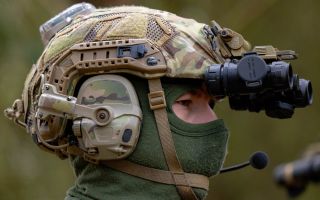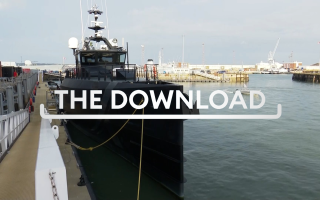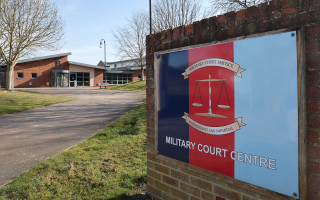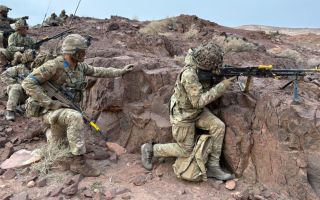Could the UK and France stop a nuclear attack on Europe without the US?
If America walked away tomorrow, would Britain and France have the firepower and the will to stop a nuclear attack on Europe?
With American politics in turmoil and trust in Washington wavering, it has Europe thinking can it go it alone in nuclear deterrence?
Russia tops the table of nuclear firepower with more than 4,000 warheads.
The US isn't far behind, and China is racing to catch up.
Britain and France together have around 500, on par with India and Pakistan, which may not be global superpowers, but still hold serious nuclear clout.
But nuclear power isn't just about numbers – it's also about delivery and whether you can strike back.
That's where talk of the nuclear triad comes in – land, sea and air-based systems.
The more ways you can hit back, the stronger your deterrent.
Sitrep defence analyst Professor Michael Clarke said: "If you had to opt for only one system, you would almost certainly opt for what the British have got and the French also share, and the Americans, of course, which is sea-based."
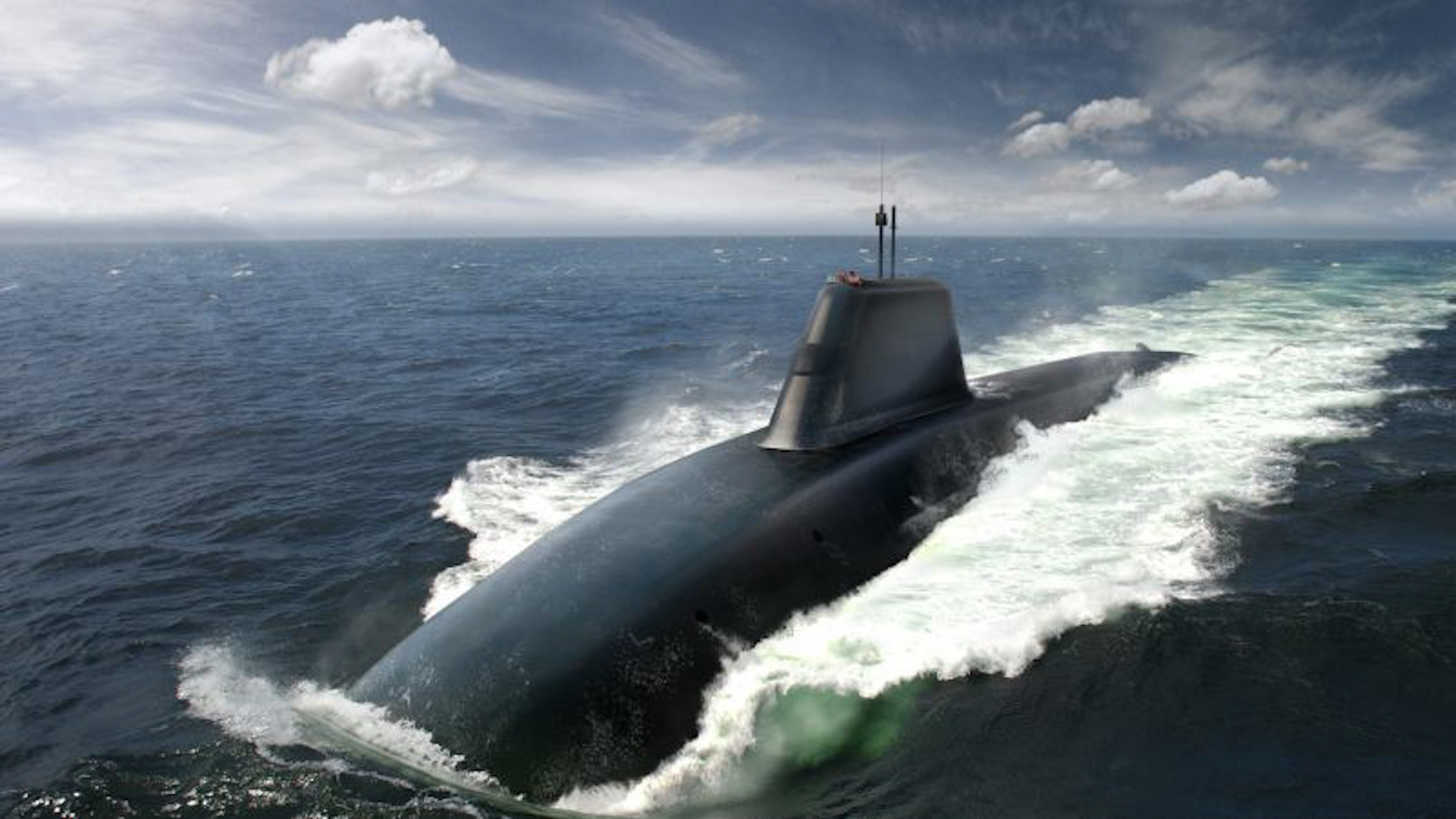
But there's a problem. Britain only ever has one nuclear-armed submarine at sea. Stealthy, yes, but it's also our only shot.
Prof Clark added: "The fact that we've only got one boat on patrol means that if we used our weapons tactically... we could actually fire an unboosted primary of one or two kilotons or four or five kilotons, which would be pretty small by nuclear standards.
"But using them in a tactical way would reveal where the boat is."
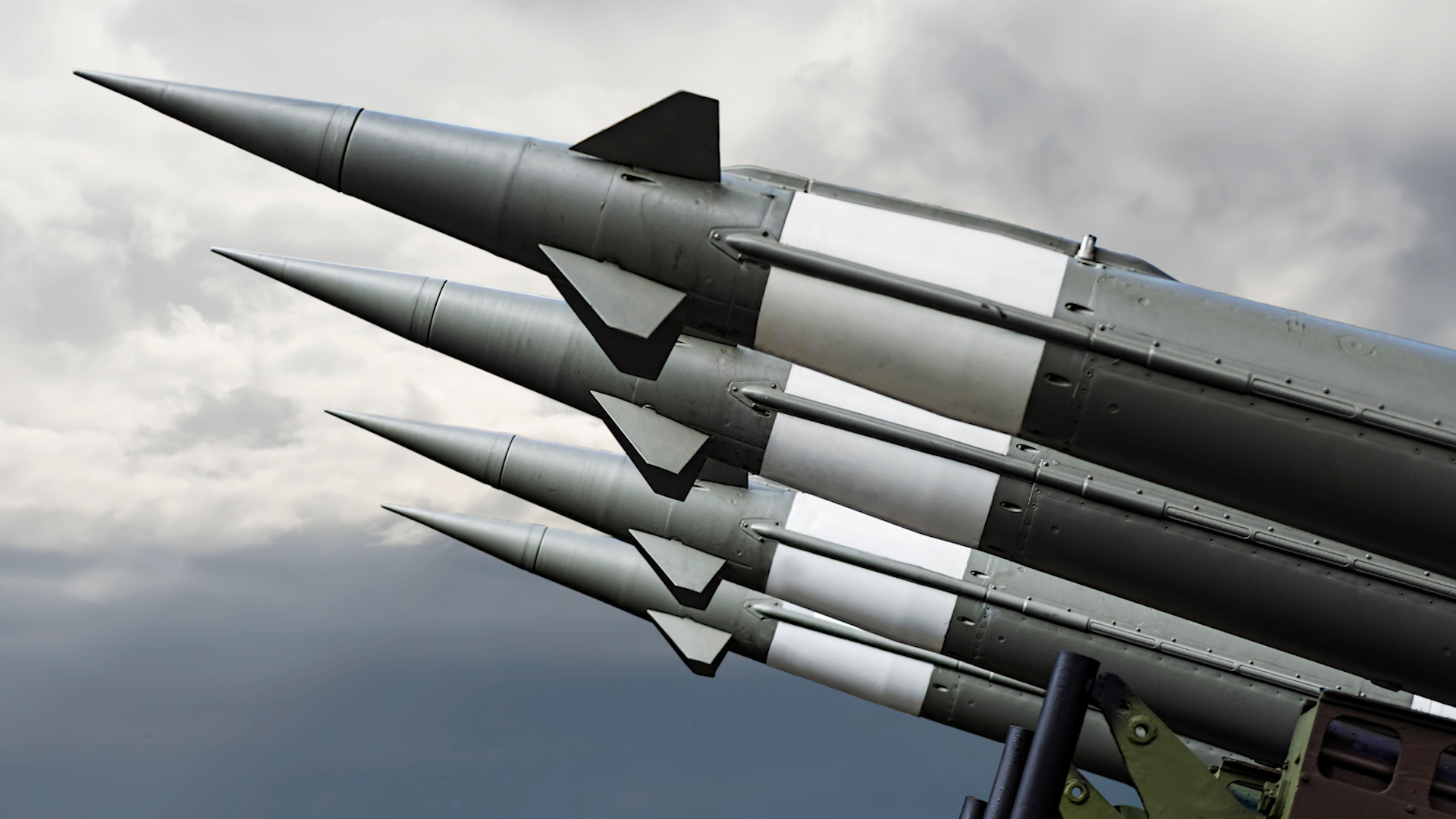
France brings more flexibility because as well as nuclear submarines, like the UK it has air-launched cruise missiles on Rafale fighter jets.
So together could they offer a credible European deterrent if the US steps away?
It is technically possible, but only with significant investment, political will and a clear strategy.
Crucially, nuclear deterrence isn't just about having the weapons – it's about making your adversaries believe you would use them.
Prof Clark said: "What keeps Nato deterrent alive and credible, it is said, is the fact that any aggressor has got to take account of three decision centres rather than just one.
"So even if the United States were not involved, I mean that's a big if, of course, these days, but if they were not involved, and it's always been assumed they would be, there is still 'what would London and Paris do?'."
Professor William Aberque, a former director of European security at the US Department of Defence, added: "It really is about how do we make sure that we think, our allies all think that we're going to use nuclear weapons to defend them, that our population thinks that these will be used only for good?
"How do we convince the adversary that they will not get away with bad things?
"So a lot of this is about psychology."
That psychology has kept the peace, but belief needs credibility and credibility takes commitment.
If America steps back, Britain and France may have no choice but to step forward.

